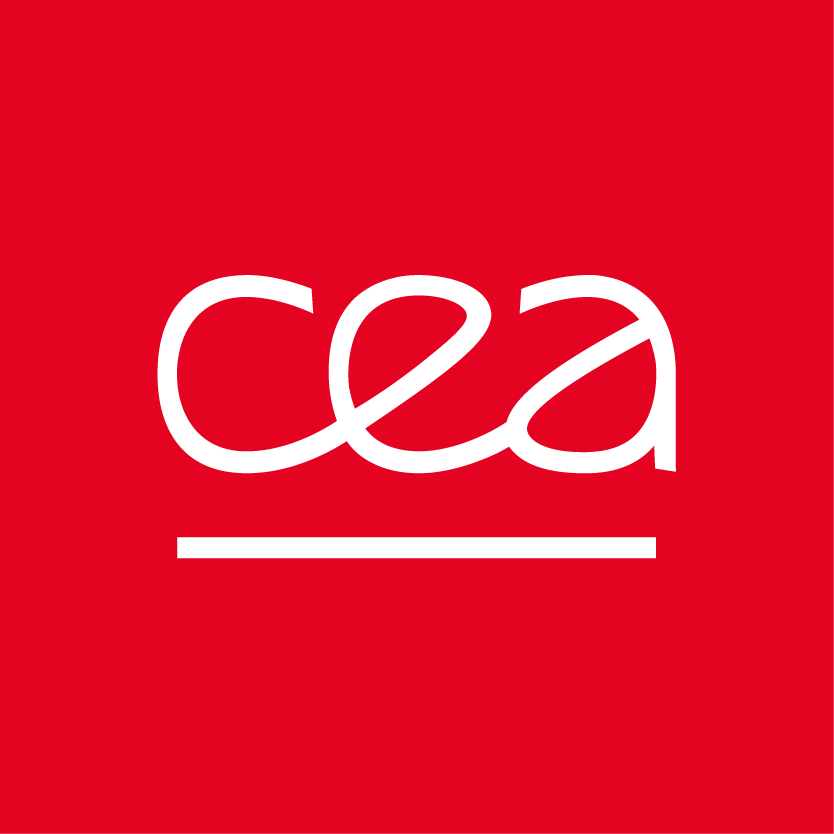Scientific Rationale
The attention given to the theory of fault-tolerant quantum computing and experimental efforts—across all physical platforms—has significantly increased in recent years. Several factors can explain this heightened interest, both within academic research and among private stakeholders. On the one hand, the continuous improvement in the quality of physical platforms has enabled a proliferation of quantum error correction experiments in recent years. On the other hand, the lack of quantum advantage for useful problems with uncorrected architectures is drawing growing criticism within the scientific community.
In this context, many private quantum computing actors are pivoting towards fault-tolerant computing and announcing hardware roadmaps aimed at building logical qubits. The current state of the art in fault-tolerant computing research, as well as progress in hardware construction, is relatively difficult to grasp due to the diversity and complexity of the rapidly evolving aspects of fault-tolerant computing: the rapid development of error-correcting codes, decoding algorithms and their hardware implementation, and the construction of logical operations on gates. Additionally, the diversity of physical platforms and the specific characteristics associated with each make progress and comparisons between different approaches somewhat opaque.
The objective of the workshop “Fault-tolerant Quantum Computing: theory and current state of play” is to bring together leading researchers in quantum error correction and fault-tolerant computing with experimental researchers and hardware builders to bridge the gap between the latest theoretical advances and their concrete implementation. More specifically, the aim is to enable stakeholders working on different aspects of fault-tolerant computing to better understand the overall functionality of a fault-tolerant computing architecture, the practical challenges of building such a machine, and to identify current technological roadblocks. Another goal will be to provide an overview of the current state of the art for each physical platform to facilitate better comparisons between the various approaches. Finally, in the context of the rapid expansion of these research areas, the workshop also aims to help young researchers and students better grasp the different facets of fault-tolerant computing and gain a comprehensive view of the ecosystem, thereby fostering the education of future generations of researchers in these fields.

